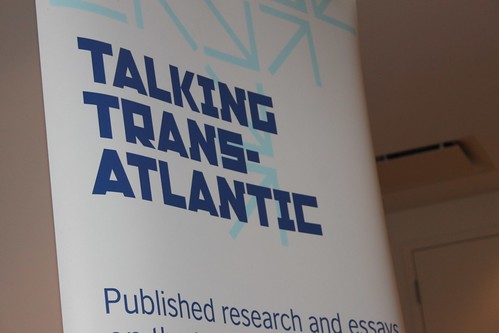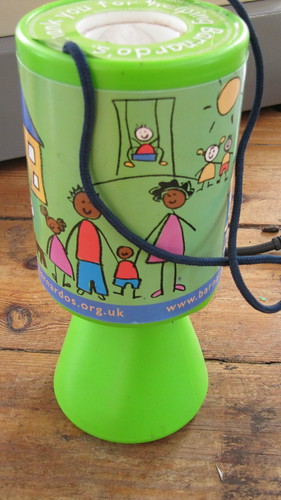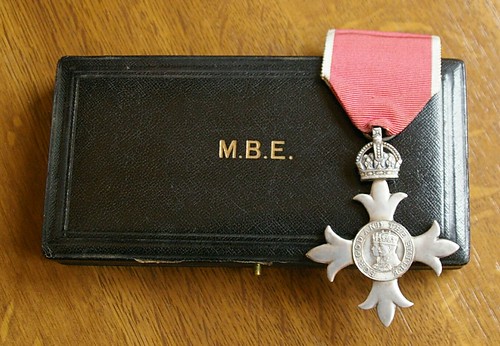Supporting Business
What role should Government play in business support?
Today, the Government as a whole spends over £3bn a year on business support. BIS (the department for business, innovation and skills) spends roughly £1.7bn of which £950m funds skills, £226 funds export support and £400m is earmarked for innovation. PWC assert that every £1 spent on business support delivers 7.60 in benefit.
The future of Business Link seems uncertain. If you have spent any time around entrepreneurs in the past few years, you know that this news will almost certainly cause eyes to roll, heads to shake and a muttering of ‘good’. Because knocking Business Link has become cool, just as knocking the ‘Daily Mail’ is also cool.
Are we seriously saying that Government has no role to play in informing or advising businesses in Britain? And even if that ‘advice’ is to come from ‘real business people’ are we really happy to agree that Government has no role to play in funding some of that advice? I’m not convinced.
I’ve been thinking about business support, what Government can or should do, and what part others might have to play.
A few thoughts, and as you’ll see, I’m not presenting solutions, just raising a few things which I find interesting;
1) Seeding the idea of ‘self-employment’, as distinct from ‘entrepreneurship’ and ‘business starting’. I think that this would be a powerful message to take to the million unemployed 18-15 yr olds as they look out into a bleak jobs market. For many, starting a business (high-growth or otherwise) is not right, however working for themselves might be.
2) Working ‘better together’. Brokering valuable introductions between potential partners. For example, between BIS, publishers (for example Channel 4) and brands (for example Apple). Thinking about questions like ‘who has attention?’ ‘who is loved?’. The partnerships and co-sponsorship agreements of the next few years will need to be far more sophisticated than just buying space and ‘badging’. Government can (through its power to convene) promote and enable the fostering of these new relationships.
3) Fostering of networks and mapping of social networks. It remains important to connect the connectors across the UK, especially in deprived areas. By mapping (with consent) who knows who, gaps will emerge, and this is where some of the most powerful opportunities to connect will present themselves
4) Crowd-sourcing ideas and views. The coalition is off to a good start on this in other areas. Ask business owners for VERY specific ideas about how they would reform business support (or cut ‘red tape’ for that matter). Crucially, then represent those ideas to the crowd and invite people to rate and comment on suggestions. Work in partnership with others to promote the consultation. Why not offer a ‘prize’ for any ideas implemented (perhaps offered by a partner?).
5) Rather than thinking about large contracts, why not experiment with small experiments in priming partnerships? Invest (say) 10k in a relationship with an online partner, invite them to present their results (who they have helped and how), then reconsider how to allocate future funding. Given that ‘information’ and ‘advice’ for business might be seen as separate, why now offer the former as ‘free content’ to publishers, and then consider a way of incentivising them to promote that content?
6) Finally, a ‘big idea’ for unlocking national growth is to unlock the personal productivity of our citizens. This idea makes conversations around well-being and health unbelievably relevant. If we can inspire (for example) young people to do what they love, they will be more productive, and the economy will benefit overall. I wonder if this approach might unlock a very different kind of ‘advice’ and ‘information’ to business from Government?
What do you think?



